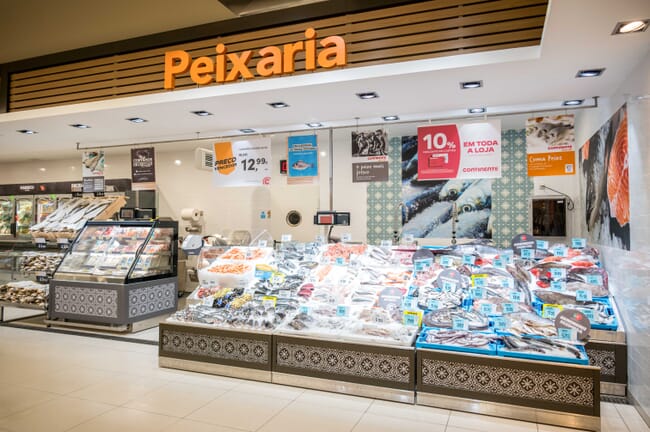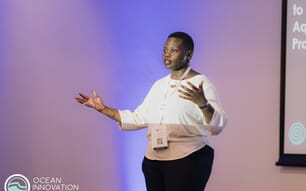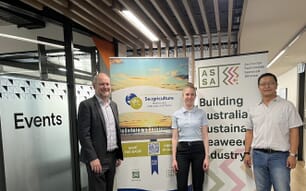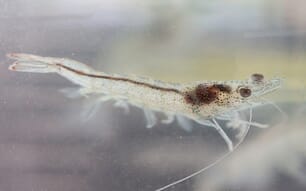
© Vertical Fish
Vertical Fish, a new collaborative research project led by Portuguese company MC and including organisations such as SA - Algae for Future and the University of Porto, aims to find new tools to determine the quality of fish products, promoting food safety and combating waste.
"The project aims to make the process of assessing fish quality more efficient and to optimise traceability methodologies from origin throughout the value chain. This ensures that the fish provided to the end consumer is the safest and freshest,” said MC quality and research director Ondina Afonso, in a press release announcing the project.
“Additionally, the tools developed will enable the identification of best practices, encouraging the reduction of food waste generated in the sector,” they added.
Using innovative image processing software and rapid detection kits for biochemical changes, the Vertical Fish project aims to provide a platform for the efficient identification of morphological, structural, or molecular changes in fish products which could indicate compromised food safety. By achieving this goal, Vertical Fish aims to improve product quality and reduce the waste of fish in consumers' homes.
As part of the Vertical Fish project, researchers will also conduct a detailed analysis of data to identify potential causes of problems affecting fish quality and will employ screening methodologies to detect fraudulent practices related to the origin of fish products.
In addition to tackling quality and traceability assurance within the aquaculture industry, the project also aims to promote the sustainable development of the sector through the application of a zero-waste approach. Using low-trophic organisms, such as microalgae and marine invertebrates, Vertical Fish researchers aim to convert the waste nutrients produced during the fish farming process back into useable biomass, promoting increased production efficiency and reduced costs through sustainable practices.




